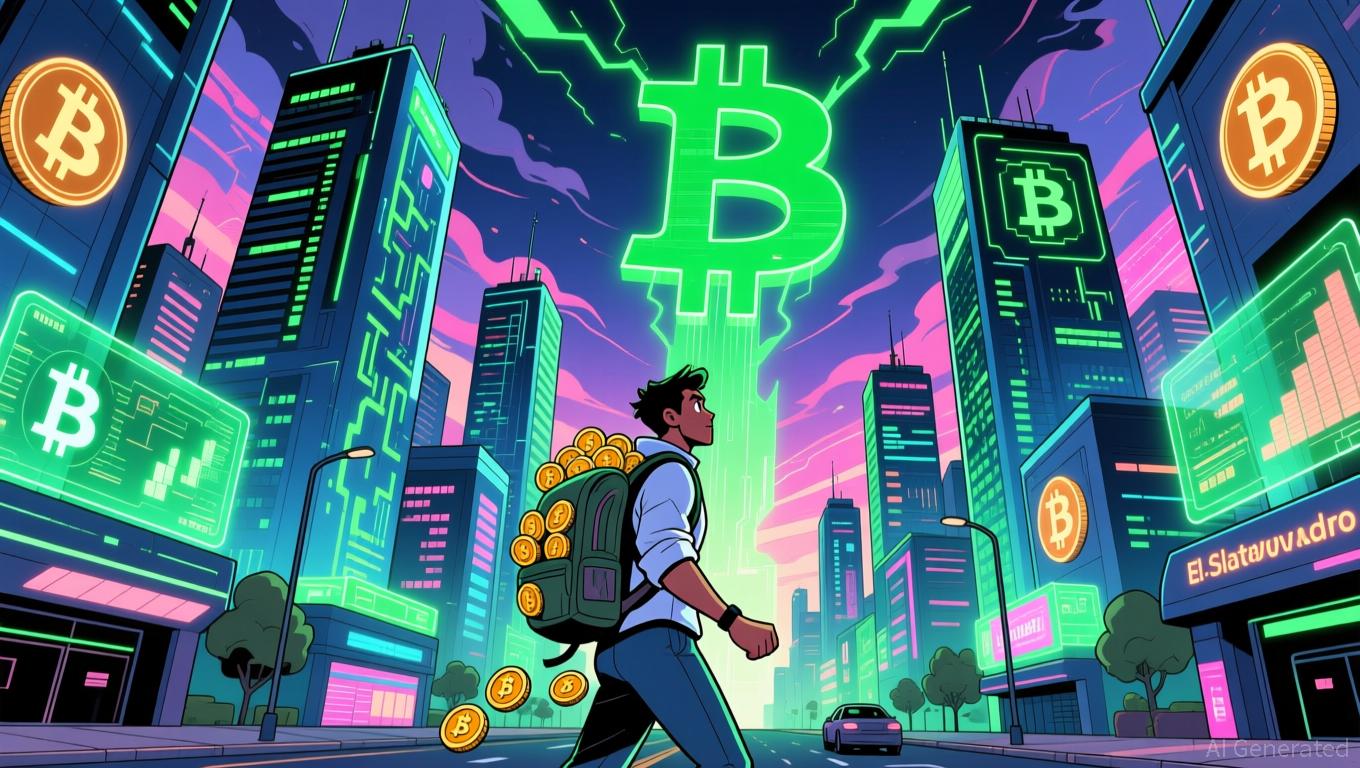Bitcoin News Today: The initial independent review of Bitcoin Core's security finds no major vulnerabilities
- Brink funded Quarkslab's first independent Bitcoin Core security audit, revealing no critical vulnerabilities in the protocol's reference implementation. - The audit confirmed Bitcoin Core's robust security policies, identifying only two low-severity issues and 13 non-classified vulnerabilities. - Enhanced testing frameworks and file system optimizations from the audit are now being integrated into Bitcoin Core's codebase. - This marks a shift toward third-party validation for open-source blockchain secu
Brink, a prominent
This audit, launched in partnership with Bitcoin Core contributors Niklas Gögge (representing Brink) and Antoine Poinsot (from Chaincode Labs), featured an in-depth assessment. The process included manual code inspection, both static and dynamic automated analysis, and advanced fuzz testing—a technique that introduces random data to uncover unexpected issues. The findings showed that Bitcoin Core’s security protocols, which have been improved over time, have successfully reduced significant risks.

Brink’s project represents a shift from Bitcoin Core’s usual approach, which has traditionally depended on community-led code reviews instead of outside audits. By bringing in Quarkslab—a company specializing in software security—the initiative sets a new standard for independent verification in open-source blockchain projects.
The completion of this audit comes at a time of increased focus on blockchain security, especially as more institutions begin to adopt Bitcoin. Although Bitcoin Core continues to be the most popular version of the protocol, its code is under mounting pressure to achieve enterprise-level security. The lack of major vulnerabilities in this review offers confidence to both developers and investors, though experts stress that ongoing vigilance remains necessary.
Meanwhile, other companies in the Web3 security sector are advocating for broader reforms. Oak Security, for example,
As the Bitcoin ecosystem evolves, such independent audits may become standard practice, especially as regulatory oversight grows. For now, Brink’s effort has established a new benchmark, proving that even the most established blockchain networks can gain from external review.
Disclaimer: The content of this article solely reflects the author's opinion and does not represent the platform in any capacity. This article is not intended to serve as a reference for making investment decisions.
You may also like
Crypto’s Surge in Leverage Encounters Risk Management with Introduction of New Futures
- Cboe Futures Exchange launches Bitcoin and Ether Continuous Futures on Dec 15 to hedge crypto volatility. - Cash-settled contracts with cross-margining aim to mitigate risks from leveraged trades amid recent $168M liquidation events. - CFTC-aligned margin requirements and educational sessions highlight growing institutional interest in structured crypto derivatives. - Kraken’s $20B IPO and Trump’s Genius Act signal maturing markets and U.S. regulatory influence on global crypto governance. - Record lever

Bitcoin News Update: El Salvador Bets on Bitcoin as a Sovereignty Safeguard, Challenging IMF Conditions
- El Salvador's government defied IMF loan terms by purchasing $100M in Bitcoin , adding 1,090 BTC to its strategic reserves during a price slump. - Total holdings now reach 7,474 BTC ($676M), acquired through a "buy the dip" strategy despite IMF warnings about financial stability risks. - The IMF has not condemned the purchases but emphasizes compliance, while critics warn of fiscal instability and lack of public education on Bitcoin. - Bukele's administration defends Bitcoin as a hedge against inflation

AI’s $219 Billion Energy Sector Boom Fueled by Automation That Reduces Workforce
- AI-driven automation in energy management is displacing workers as the $219.3B market grows via predictive analytics and smart grid integration. - SoundHound AI accelerates agentic AI expansion with $269M cash reserves while C3.ai faces $116.8M losses and leadership instability. - Regulators struggle to balance AI's efficiency gains with labor displacement risks as blockchain and compliance tools adopt AI solutions. - The PwC developer's layoff exemplifies how AI's cost-cutting potential outpaces its abi

Trust Wallet Token (TWT) Price Trends in November 2025: Institutional Adoption and DeFi Collaboration Redefine Value Potential
- TWT's 2025 governance upgrades enhance institutional appeal through transparent DAO mechanisms and policy flexibility. - Trust Premium program incentivizes TWT usage via tiered rewards, creating flywheel effects for token demand and retention. - Institutional credibility and DeFi integration strengthen TWT's value proposition, stabilizing price dynamics amid market consolidation. - Recurring utility in gas discounts and tier upgrades establishes baseline demand, buffering against broader crypto volatilit